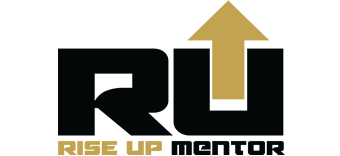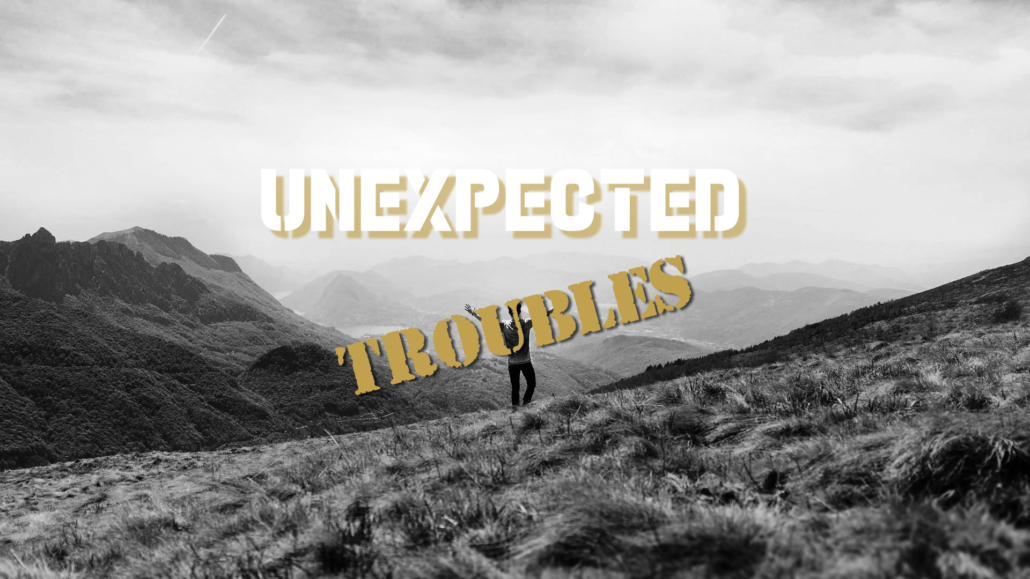 https://riseupmentor.com/wp-content/uploads/2023/12/Motivate-17-Live-Today-as-Tomorrow-Is-Uknown-1920x1080-No-Logo.jpg
1080
1920
Rise Up Mentor
https://riseupmentor.com/wp-content/uploads/2023/12/RiseUpMentor-Black-Logo-340x156-1.png
Rise Up Mentor2023-12-16 03:45:132023-12-16 03:45:15Ep. 34: Live Today as Tomorrow is Unknown
https://riseupmentor.com/wp-content/uploads/2023/12/Motivate-17-Live-Today-as-Tomorrow-Is-Uknown-1920x1080-No-Logo.jpg
1080
1920
Rise Up Mentor
https://riseupmentor.com/wp-content/uploads/2023/12/RiseUpMentor-Black-Logo-340x156-1.png
Rise Up Mentor2023-12-16 03:45:132023-12-16 03:45:15Ep. 34: Live Today as Tomorrow is UnknownAs imperfect beings, we will make mistakes throughout our lives, and accepting them can sometimes be difficult. Taking responsibility for our actions is vital for our personal growth and development. It exemplifies our courage and humility in acknowledging our imperfections, acquiring wisdom from them, and making amends for any harm inflicted.
Mistakes will happen and are an opportunity to learn and grow, here are some positive things to consider about making mistakes:
- Personal Growth: We can learn a lot about ourselves through our mistakes. Reflecting on our actions can help us identify our strengths and weaknesses, and develop self-awareness and self-improvement.
- Improved Decision-Making: Examining our mistakes can provide us with valuable information that we can use to make better decisions in the future. We can learn to recognize patterns and avoid repeating the same mistakes.
- Resilience: Making mistakes can be challenging and can lead to feelings of disappointment, but learning from them can help us to become more resilient. We can learn to bounce back from setbacks and continue to move forward.
- Creativity: Mistakes can sometimes lead to unexpected outcomes, and this can spark creativity and innovation. We can use the lessons learned from our mistakes to find new solutions and approaches to problems.
- Stronger Relationships: Owning up to our mistakes and making amends can help to strengthen our relationships with others. By showing that we take responsibility for our actions, we can build trust and respect with others.
Embracing our errors with honesty and accountability exemplifies integrity, highlighting our commitment to truthfulness and willingness to accept responsibility. Such a display earns us the trust and admiration of others while establishing our reputation as individuals of high moral character.
Assuming accountability for our missteps also grants us the chance to grow and learn. Engaging in introspection about the causes and consequences of our failures provides valuable insights into our patterns of thinking, biases, and decision-making prowess. This process fosters self-awareness and empowers us to enhance our future judgment and choices.
Evading ownership of our mistakes can lead to adverse outcomes. It corrodes trust, fractures relationships, and tarnishes our standing. Moreover, it burdens us with feelings of guilt, shame, and anxiety, detrimentally impacting our mental and emotional well-being.
Acknowledging our faults presents an opportunity to make amends. By recognizing our transgressions and offering sincere apologies, we demonstrate respect and concern for the feelings of others. This proactive approach aids in the repair of fractured bonds, restoration of trust, and sets the stage for a stronger and healthier future.
Sure, here are five ways to help avoid mistakes:
- Plan Ahead: Taking the time to plan ahead can help prevent mistakes. Consider the different options available, weigh the pros and cons, and carefully consider the potential consequences of each option before making a decision.
- Get Feedback: Seek feedback from others who have experience in the area where you may be prone to making mistakes. Their insight and guidance can help you avoid common pitfalls and make informed decisions.
- Practice Mindfulness: By being present and fully engaged in the moment, you can avoid making careless mistakes. Practice mindfulness and focus on the task at hand, instead of being distracted by outside factors.
- Double-Check Your Work: Take the time to review your work before submitting it. Reviewing your work can help you catch errors or inconsistencies that you may have missed.
- Learn from Past Mistakes: Reflect on your past mistakes and the lessons you learned from them. Use this knowledge to avoid making the same mistakes in the future and to improve your decision-making process.
Mistakes serve as stepping stones for growth and personal development, not as indicators of failure. When we evaluate and reflect on our mistakes, we can gain valuable insights into our strengths and weaknesses, and this self-awareness allows us to cultivate self-improvement. By scrutinizing our errors, we enhance our decision-making abilities, identify recurring patterns, and prevent the repetition of past blunders. This process of learning from mistakes fosters resilience, enabling us to bounce back from setbacks and forge ahead with unwavering confidence.
Furthermore, mistakes possess the power to ignite creativity and innovation, paving the way for unexpected outcomes and novel problem-solving approaches. Embracing our mistakes allows us to view them as opportunities for learning, growth, and the birth of fresh ideas. By taking ownership of our errors and accepting responsibility for our actions, we strengthen our relationships with others, and that can lead to gaining respect
- “All men make mistakes, but only wise men learn from their mistakes.” – Winston Churchill
Owning our mistakes shows strength, integrity, and humility. It enables learning, better decision-making, and stronger relationships. Perfection is unattainable; mistakes happen. What matters is taking ownership, learning from them, and avoiding repetition. So, when we do make mistakes, let’s embrace it, transform it into growth, and improve ourselves.
































